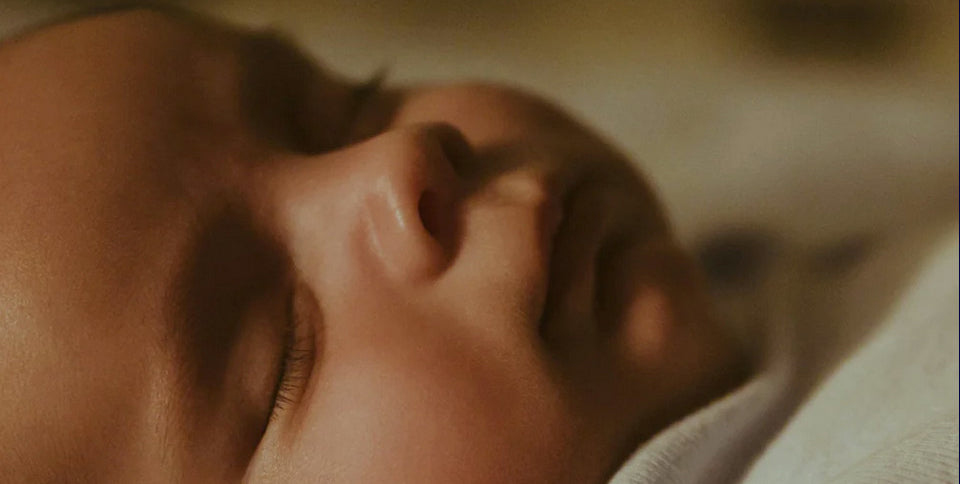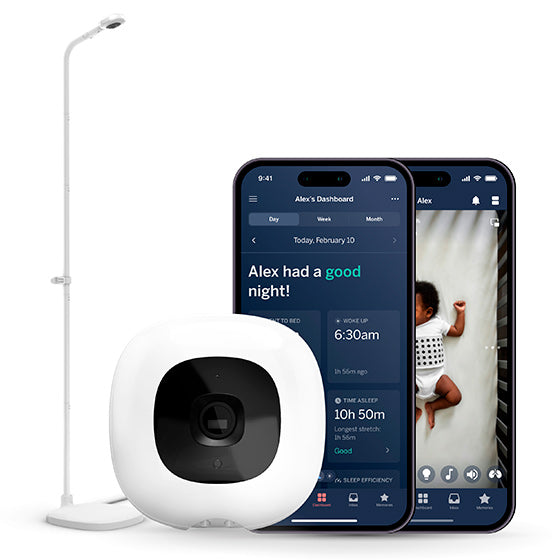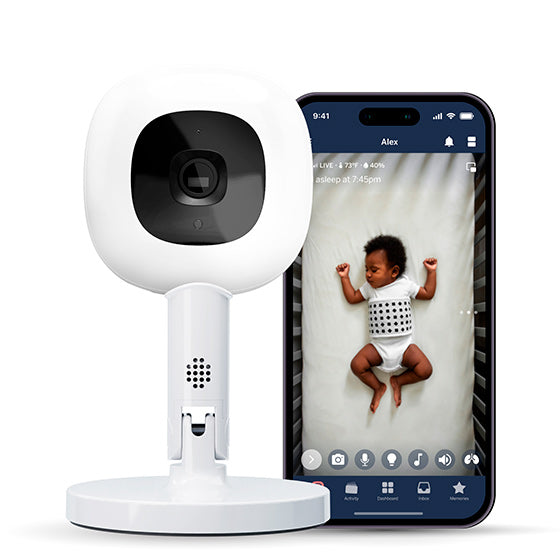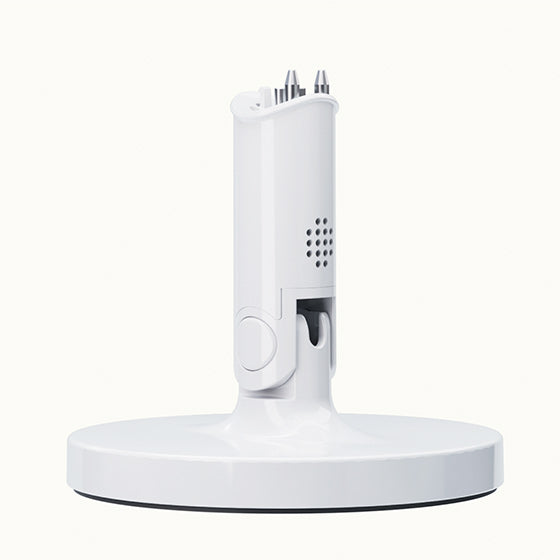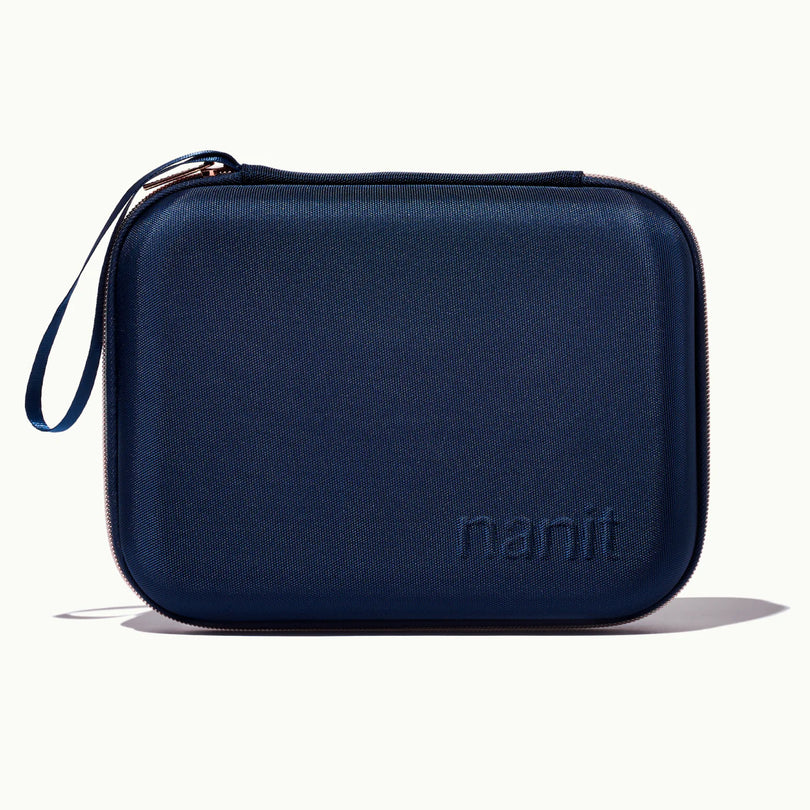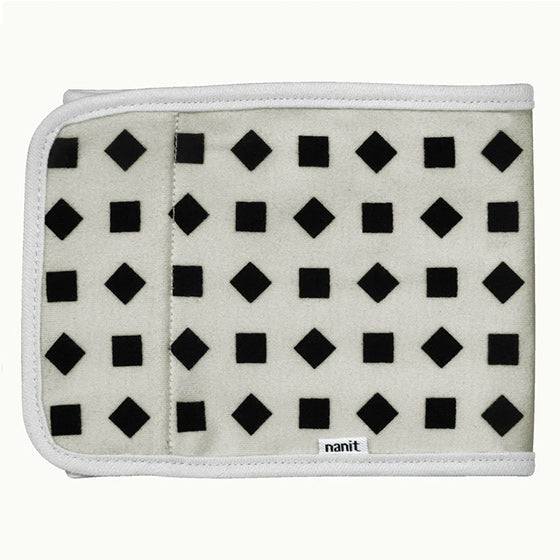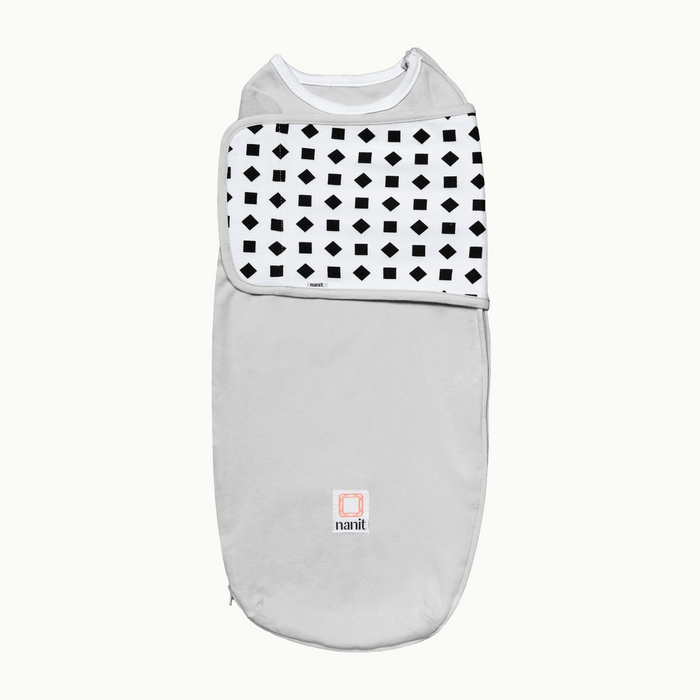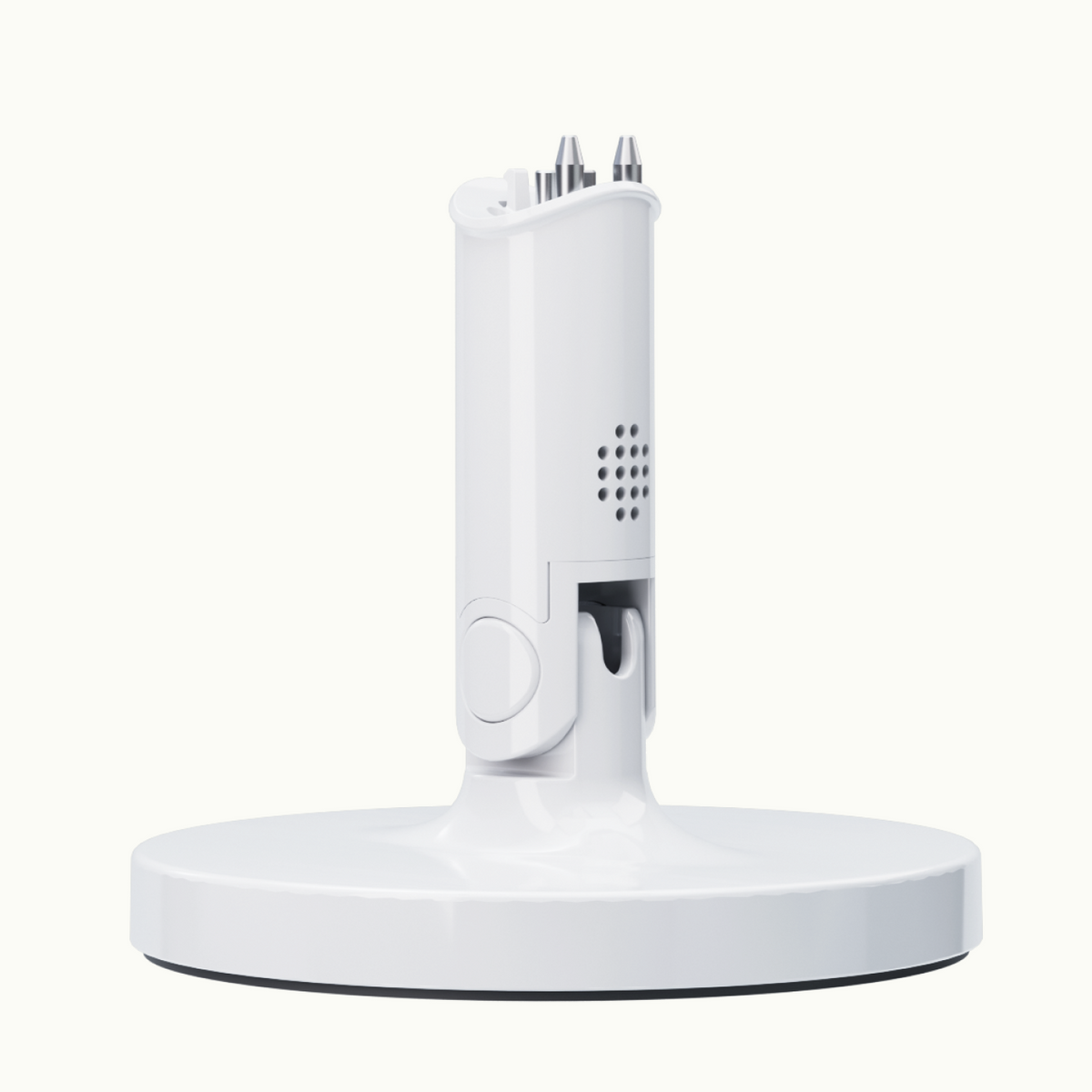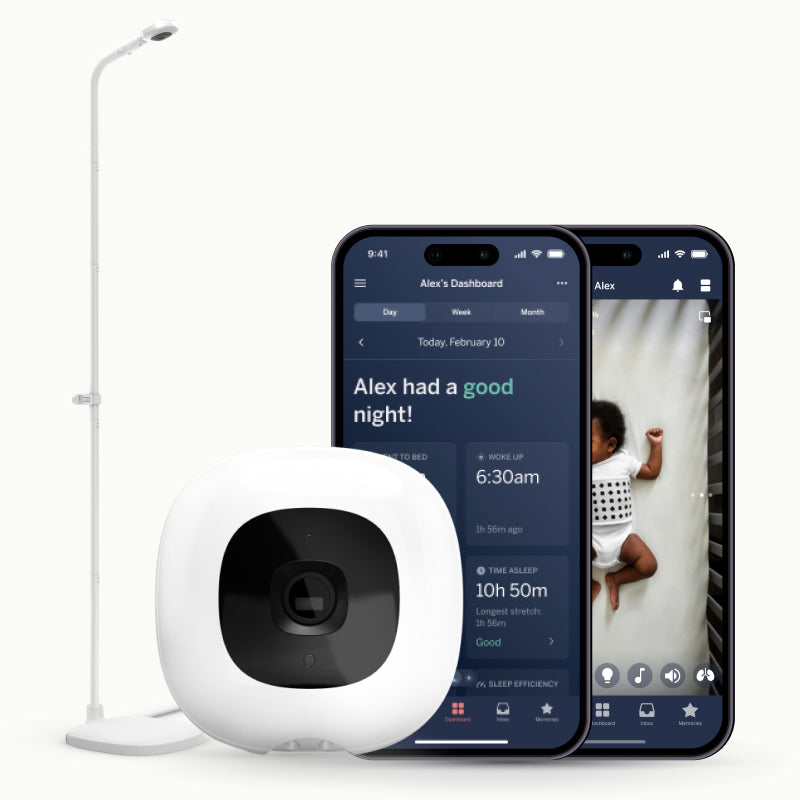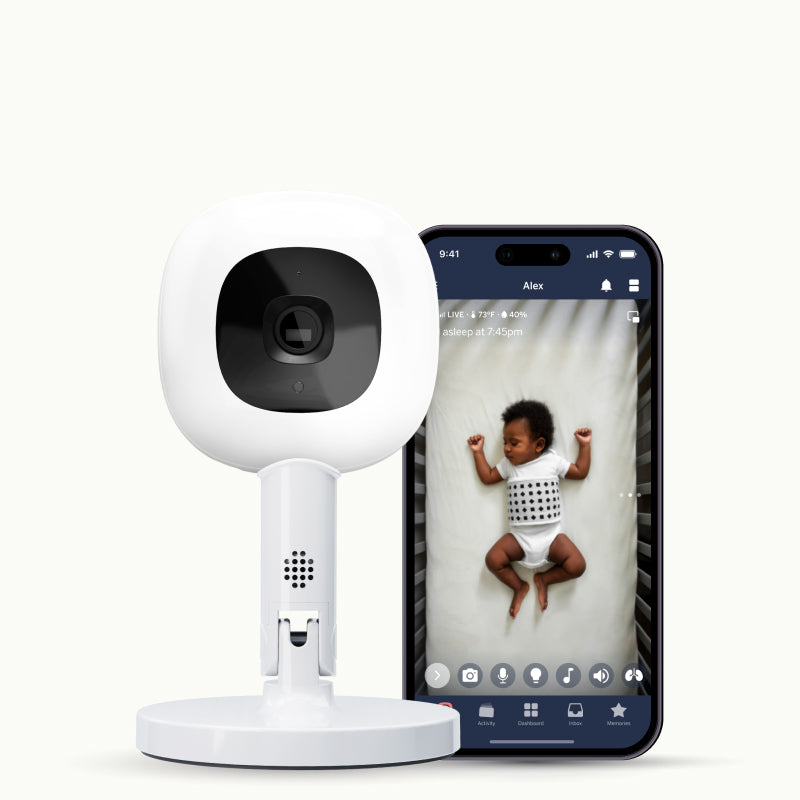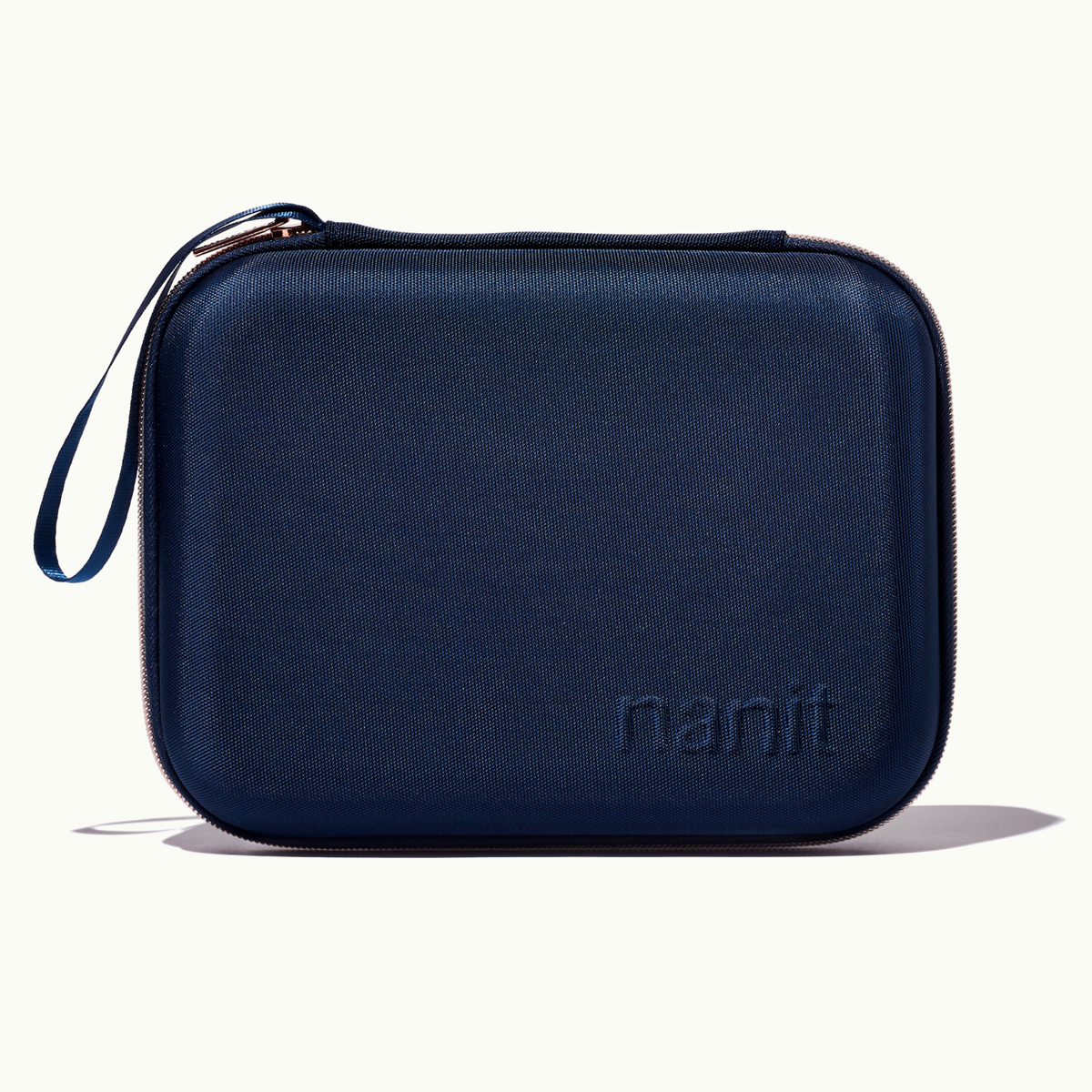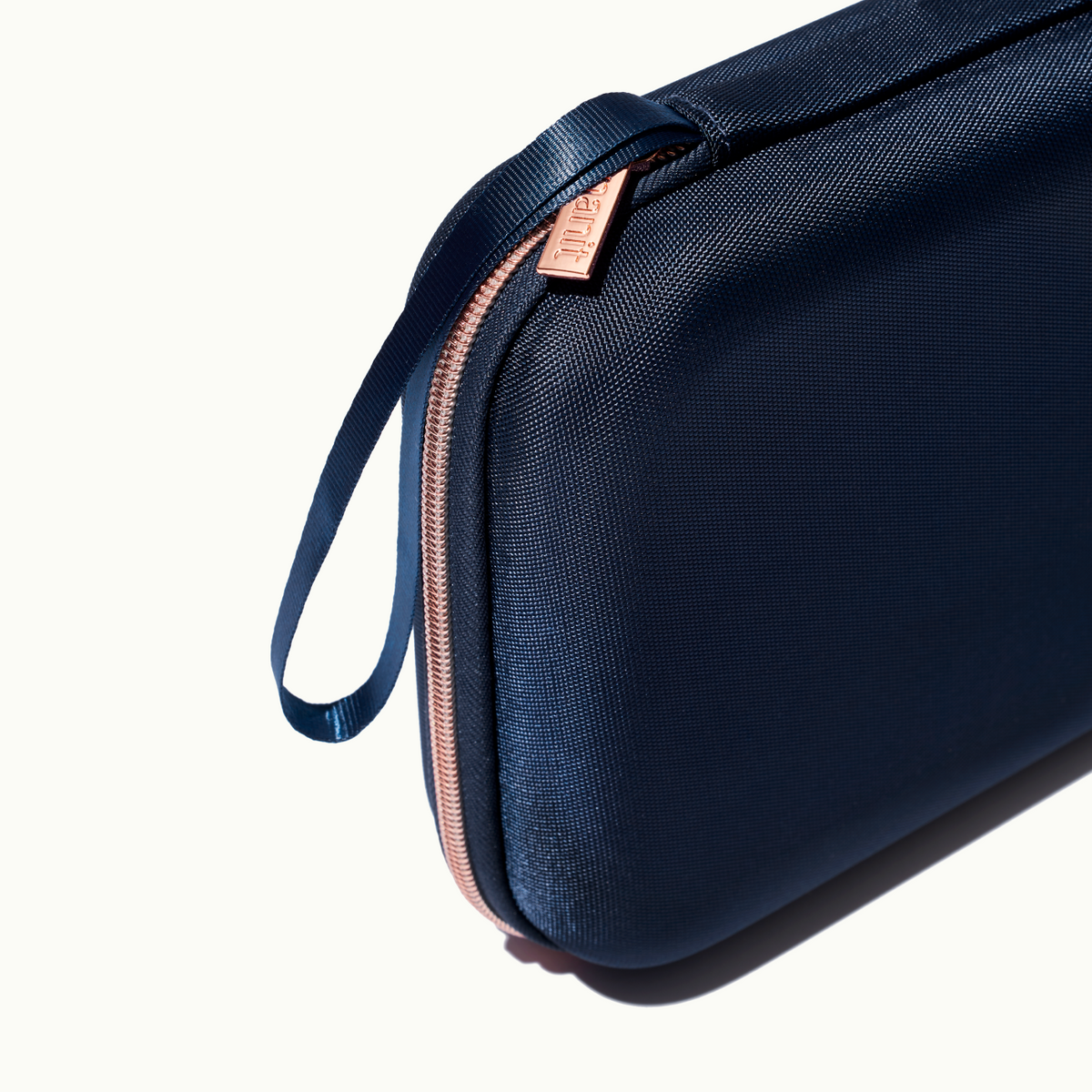Eunyeong Jang, Solbi Kang, Bei Bei, Seockhoon Chung, Michael Gradisar, Michal Kahn, Natalie Barnett, and Sooyeon Suh
Background
Previous studies have suggested that parental cognitions about child's sleep may be an important factor underlying pediatric sleep problems. The current study aimed to (a) develop an assessment tool measuring parental understanding and misperceptions about baby's sleep (PUMBA-Q); (b) validate the questionnaire using self-report and objective sleep measures.
Methods
There were 1,420 English-speaking caregivers (68.0% mothers, 46.8% of children being females, mean age 12.3 months), who has completed online self-reported questionnaires. The PUMBA-Q, which was developed for this study, Dysfunctional Beliefs and Attitudes about Sleep (DBAS) and Maternal Cognitions about Infant Sleep Questionnaire (MCISQ) were included to evaluate participant's thoughts on their own or child's sleep. Insomnia Severity Index (ISI) was collected to access participant's subjective insomnia severity. Brief Infant Sleep Questionnaire-Revised (BISQ-R) was used to assess parental-reported child sleep. Auto-videosomnography was used to record child's sleep.
Results
Exploratory factor analysis indicated the best fit with a 4-factor model using 23 items (RMSEA = .039). The four subscales were labeled: (a) Misperceptions about parental intervention; (b) Misperceptions about feeding; (c) Misperceptions about child's sleep; and (d) General anxiety of parents. Internal consistency was adequate (Cronbach's alpha = .86). PUMBA-Q scores were significantly associated with MCISQ (r = .64, p < .01), DBAS (r = .36, p < .01), ISI (r = .29, p < .01), BISQ-R (r = .-49, p < .01), objective child's total sleep time (r = -.24, p < .01) and objective number of parental nighttime visits (r = .26, p < .01).
Conclusions
The results demonstrated that PUMBA-Q 23 is a valid assessment tool for parental cognitions of child sleep. The link between parental cognitions and child sleep highlights the importance of managing parental cognitions about child sleep when treating pediatric sleep problems.
Keywords
Pediatric sleep; assessment tool; auto-videosomnography; parental cognitions; validation.
About the Researchers
The researchers included Eunyeong Jang, Solbi Kang, Bei Bei, Seockhoon Chung, Michael Gradisar, Michal Kahn, Natalie Barnett, and Sooyeon Suh.

- Dr. Michael Gradisar is a Professor and Director and Clinical Psychologist at the Child & Adolescent Sleep Clinic at WINK Sleep in Australia, and the Head of Sleep Science at Sleep Cycle in Sweden. Dr. Gradisar has specialized in the treatment of pediatric sleep problems since 2006. He has provided training to over 420 psychologists throughout Australia on the treatment of pediatric sleep disorders, and published several research studies evaluating the treatment of insomnia and circadian rhythm disorders in children, adolescents and adults. In all, Dr. Gradisar has over 100 publications in peer-reviewed journals, has authored several book chapters, and has presented on sleep-related research and intervention internationally.
- Dr. Michal Kahn is a sleep researcher and licensed clinical psychologist, specializing in pediatric insomnia and sleep development. She is a senior lecturer (assistant professor) at the School of Psychological Sciences at Tel Aviv University, Israel.
- Dr. Natalie Barnett serves as VP of Clinical Research at Nanit. Natalie initiated sleep research collaborations at Nanit and in her current role, Natalie oversees collaborations with researchers at hospitals and universities around the world who use the Nanit camera to better understand pediatric sleep and leads the internal sleep and development research programs at Nanit. Natalie holds a Ph.D. in Genetics from the University of New England in Australia and a Postgraduate Certificate in Pediatric Sleep Science from the University of Western Australia. Natalie was an Assistant Professor in the Neurogenetics Unit at NYU School of Medicine prior to joining Nanit. Natalie is also the voice of Nanit's science-backed, personalized sleep tips delivered to users throughout their baby's first few years.
- Dr. Sooyeon (Aly) Suh is a clinical health psychologist and professor of psychology at Sungshin University, Dept. of Psychology. Broadly, her main interests lie in understanding how behavioral and psychological factors interact with physical health and eventually develop into chronic illness. Her specific interests are in behavioral sleep medicine, especially developing psychological treatments for sleep disorders. She is also very interested in women's mental health issues.
